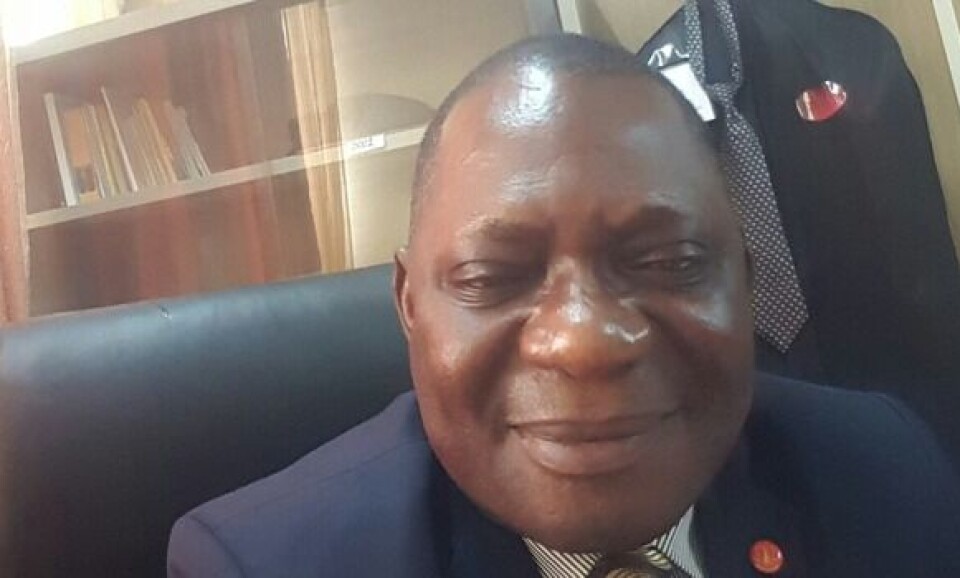Copyright : Re-publication of this article is authorised only in the following circumstances; the writer and Africa Legal are both recognised as the author and the website address www.africa-legal.com and original article link are back linked. Re-publication without both must be preauthorised by contacting editor@africa-legal.com
DRC moves against crooked magistrates

The DRC’s public prosecutor at the Court of Cassation has published two toll-free numbers for members of the public to report magistrates who they believe are not following the rules of the profession, writes Frédéric Feruzi.
This initiative, instituted by the Attorney General (AG) at the Court of Cassation, the main court of last resort in the Democratic Republic of the Congo, comes against the backdrop of general mistrust in the judiciary by the Congolese public – and even the presidency.
In an interview last July, President Félix Tshisekedi criticised the judiciary for issuing rulings haphazardly and for being a forum for theatrics. In Congolese civil society, activists accuse magistrates of corruption, politicisation and other shortcomings. This loss of confidence in the justice system has, for some time, encouraged mob justice and the direct settling of scores in the towns and cities of the DRC.
Firmin Mvonde Mambu, the public prosecutor at the Court of Cassation and the AG, is attempting to change the status quo by threatening sanctions against crooked magistrates. In August, he unveiled two toll-free numbers, 151 and 153, which the public can use to denounce magistrates they feel are corrupt. He says corruption and the misappropriation of public funds degrade justice in the DRC, but he pointed out that the responsibility for overcoming this scourge lies with both magistrates and society.
At a recent gathering, the AG said that the fight to restore the tarnished image of the judiciary rested on two aspects – discipline and sanction. Mambu believes that some magistrates have become too familiar with the public, while others behave like case lawyers, and still others like traditional chiefs.
A human rights activist and member of the “AMKA Congo” citizens’ movement, Jack Sinzahera, who is often present at demonstrations denouncing social injustice in the DRC, believes that the publication of the two green numbers raises hopes that the Congolese justice system can rid itself of magistrates who tarnish its image through their corruption and immorality.
In yet another move to clean up the judiciary, President Tshisekedi dismissed seven civil magistrates on 28 August in a series of orders read out on public television. The Court of Cassation had convicted these magistrates for forgery of documents and rape of minors.
At the opening of a training session for 2 500 newly recruited magistrates in July, the Congolese president made an earnest appeal for the rebirth of the justice system that everyone wants and expects – a justice system that ensures and reassures, particularly in this pivotal period of consolidation of what he called the young Congolese democracy. "Justice cannot be the regulator to which citizens flock when it is itself submerged by corrupt practices and other actions that no longer inspire confidence, thereby inviting itself into the dock of the accused,” he said.
To donate to Spotlight on Africa, click here.
